Paschasius Radbertus, Saint | Carolingian Theologian
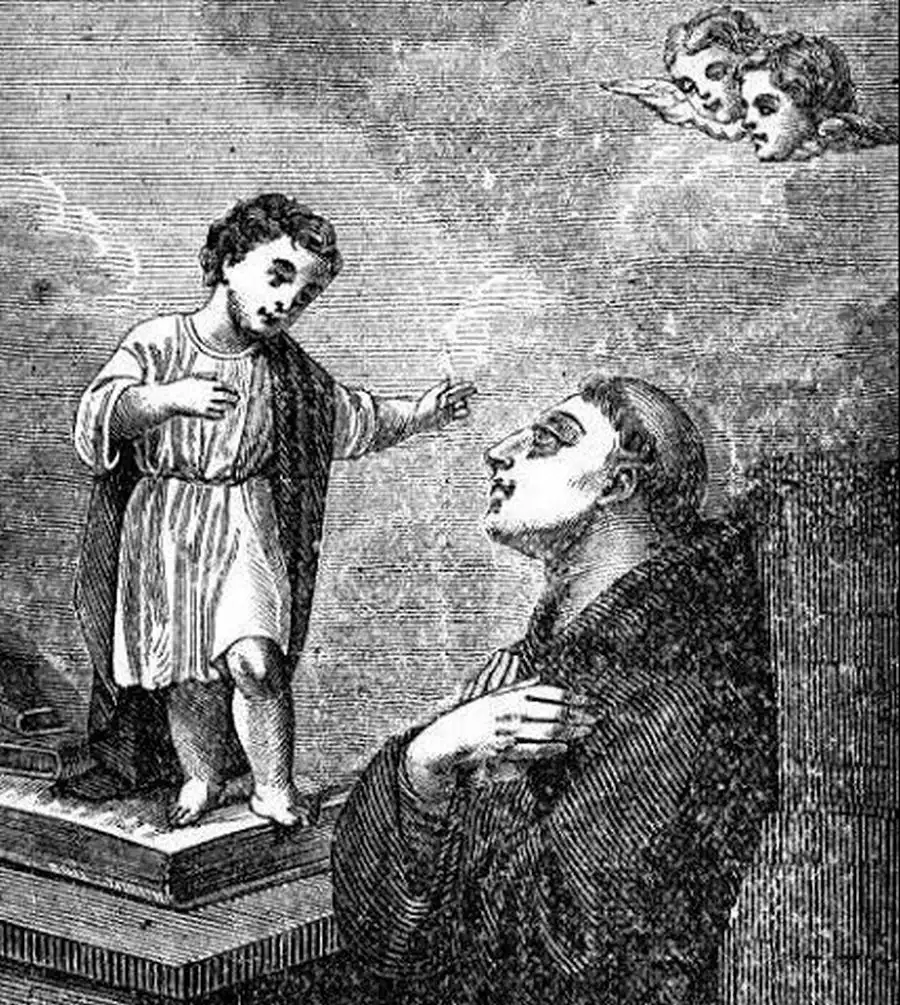
Saint Paschasius Radbertus, a pivotal figure in the Carolingian Renaissance, was born circa 785 and passed away in April 865. His theological work, particularly regarding the doctrine of the Eucharist, has significantly shaped Christian thought. As a monk and later abbot of Corbie Abbey, Radbertus dedicated his life to theological study, leaving an indelible mark […]
Greek Catholic Church | Eastern Catholic Byzantine Tradition
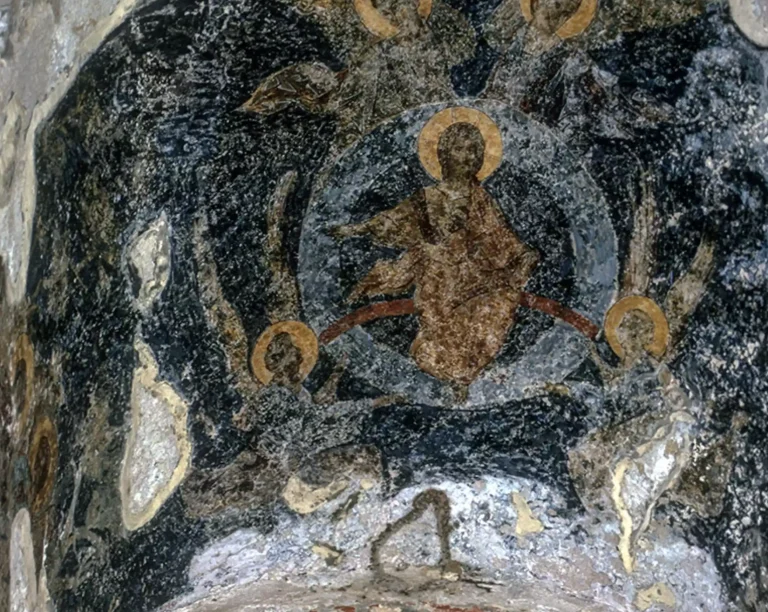
The Greek Catholic Church, an Eastern Catholic church of the Byzantine rite, represents a unique blend of tradition and diversity within the Christian faith. As part of the Eastern Catholic Churches, this church maintains its liturgical rites and traditions while being in full communion with the Roman Catholic Church. This ecclesiastical body is distinctive for […]
Ethiopian Orthodox Tewahedo Church

Definition and Origins The Ethiopian Orthodox Tewahedo Church, a pivotal institution in Ethiopian culture and history, stands as a beacon of ancient Christian tradition. Rooted deeply in the early Christian era, this church embodies a unique blend of religious practices, cultural heritage, and theological beliefs that distinguish it from other Christian denominations. It is one […]
Eastern Orthodox Church | Overview and Historical Context
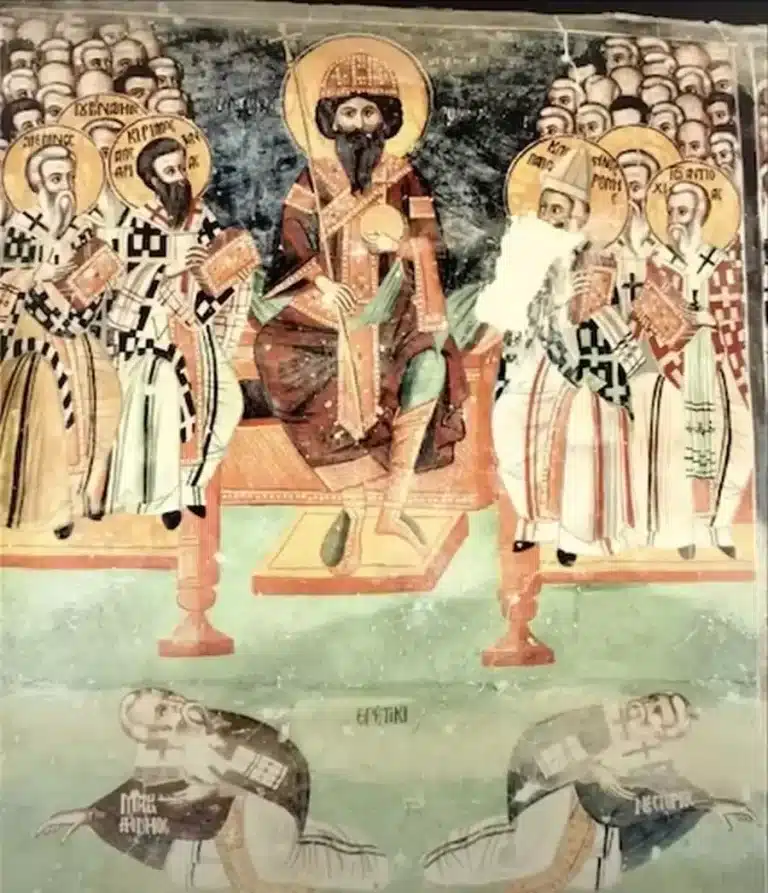
The Eastern Orthodox Church holds a profound and enduring presence in the religious landscape. Its roots trace back to the earliest Christian communities, with a pivotal role in shaping spiritual and cultural histories across Europe and Asia. This church, known for its rich theological depth and liturgical beauty, marks a distinct path in the broader […]
Codex Alexandrinus | A Pivotal Manuscript of Ancient Scripture
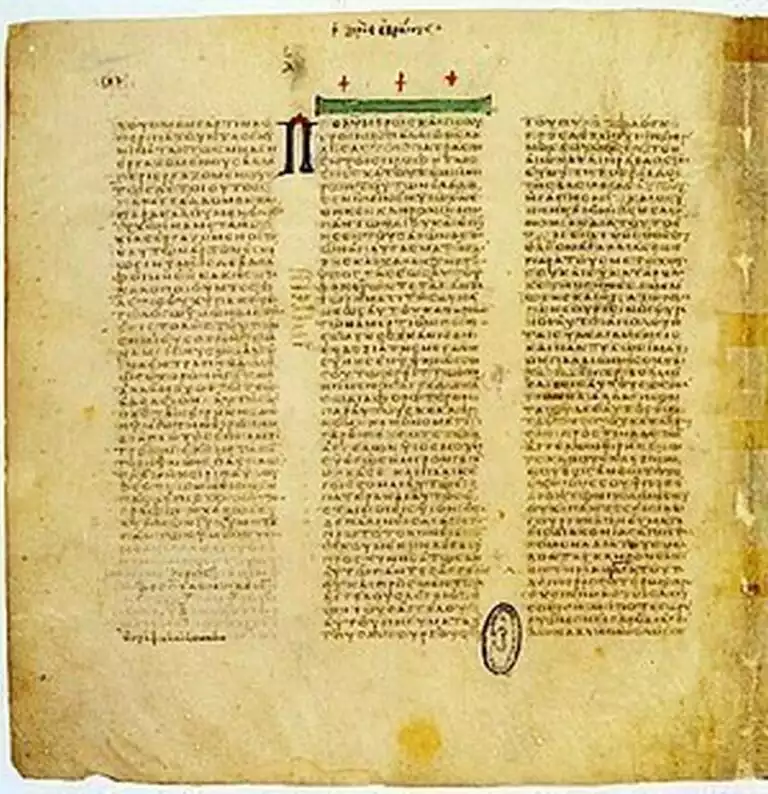
Codex Alexandrinus, one of the most significant ancient Greek manuscripts of the Bible, embodies a treasure of religious and historical scholarship. Comprising both the Old and New Testaments, this codex has been instrumental in biblical studies and textual criticism. Its origins trace back to the 5th century, making it a pivotal witness to the scriptural […]
Altar Breads | Sacred Symbolism in Christian Worship

Altar breads, also known as communion wafers or the Eucharistic host, are a pivotal element in Christian liturgical practices. These thin, round wafers, made primarily of wheat flour and water, hold profound religious significance, symbolizing the body of Christ in the sacrament of the Eucharist. The ritual of breaking and sharing altar breads dates back […]
Telmaharensis, Dionysius | Syrian Jacobite Church’s Theological Luminary
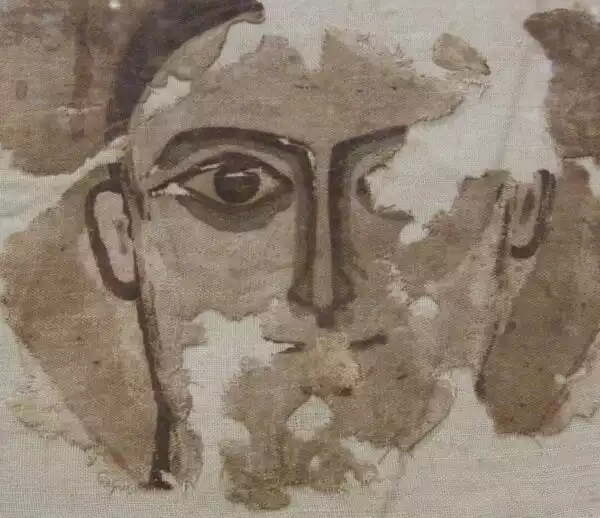
Dionysius Telmaharensis, a distinguished figure in the history of the Syrian Jacobite Church, is celebrated for his exceptional contributions to theology and liturgy. Born in the early 9th century and passing in 845 AD, Dionysius’ life and work left an indelible mark on the Christian ecclesiastical landscape. His erudition and spiritual depth have been pivotal […]
Mystagogy in Orthodox Christianity

Mystagogy, a term rooted in the rich tapestry of Orthodox Christianity, represents the teaching and unveiling of the sacred mysteries of the faith. This profound and spiritual journey into the heart of Orthodox liturgy and doctrine is essential for understanding the deep, transformative experiences that define the faith. The term finds its origins in the […]
Antidoron in the Orthodox Church
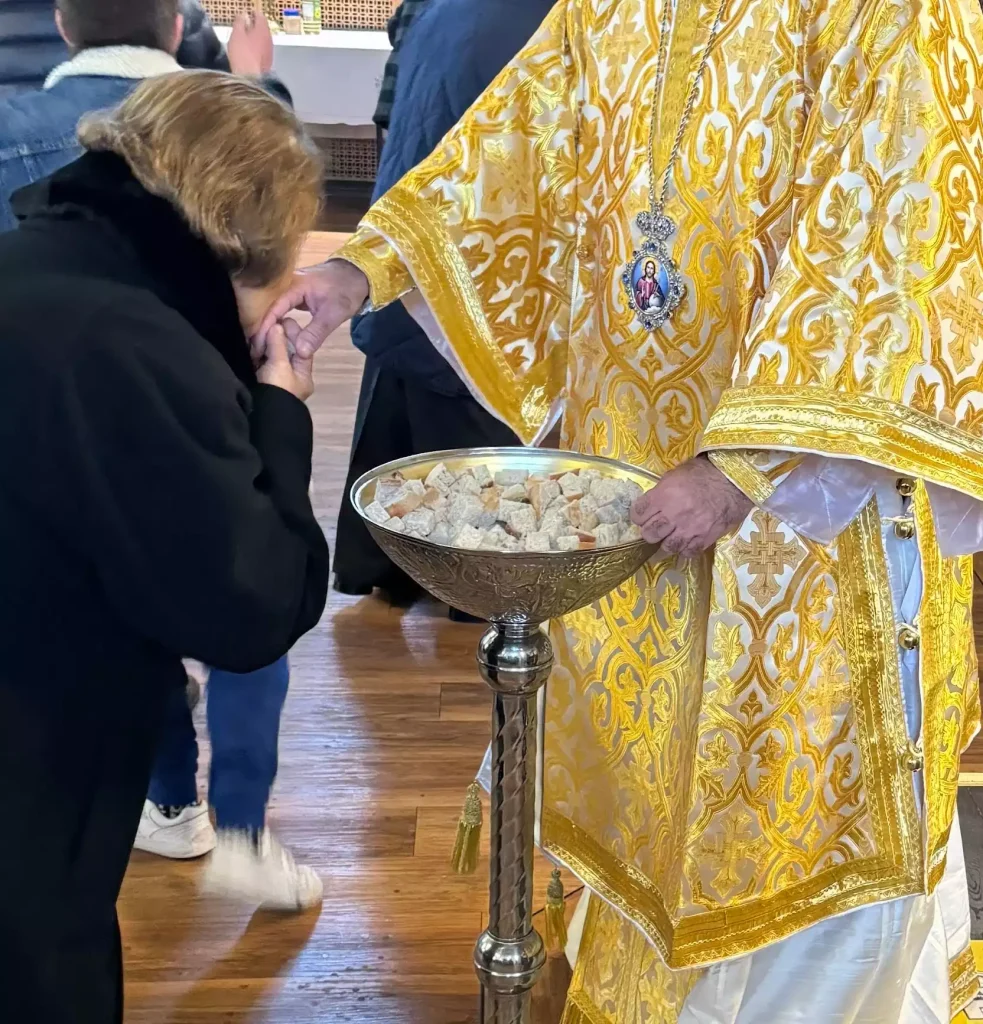
A Symbol of Grace and Communion Antidoron, a term derived from Greek, meaning “instead of the gifts,” holds significant liturgical and communal importance in the Orthodox Church. This bread, blessed but not consecrated during the Divine Liturgy, is distributed to the congregation. While its origins are not explicitly biblical, Antidoron carries deep spiritual and symbolic […]
